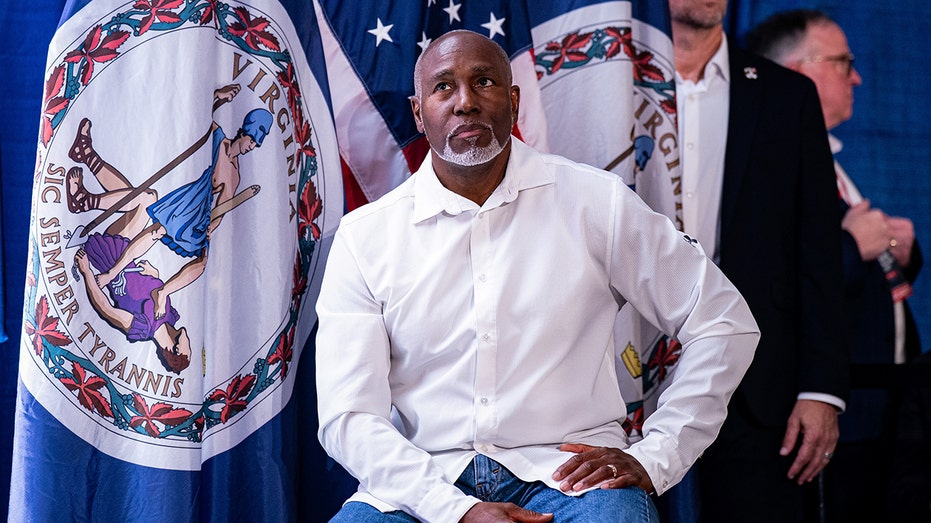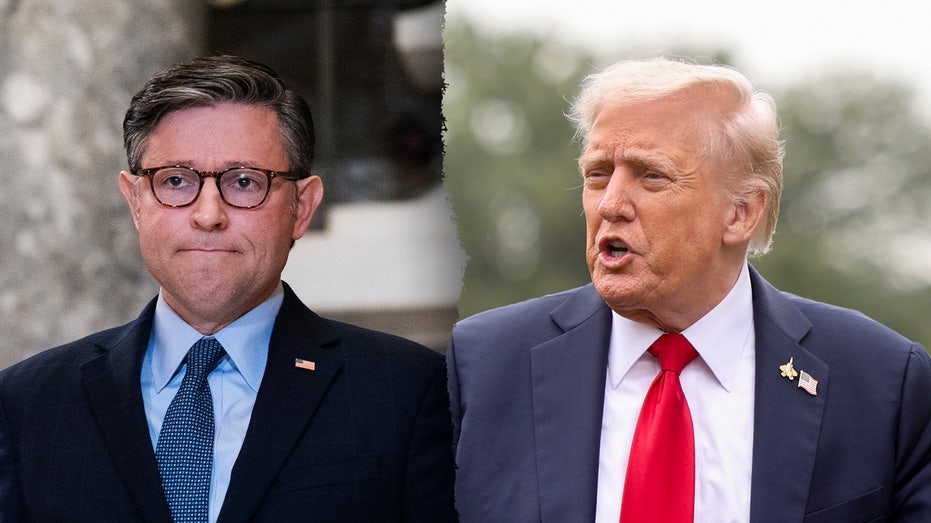I was born and raised in New York City, a place that defined the first 26 years of my life – the longest I’ve ever called anywhere home. It was where I went to college at Columbia University, launched my first businesses, and truly learned what it meant to navigate the world.
I once took immense pride in my New York roots, even playfully attributing my business success to a certain “New York Attitude.” That feeling, however, has vanished. A profound sense of embarrassment now washes over me when I recall being from that city.
New York has transformed into something unrecognizable, a shadow of its former self. It feels less like an American city and more like a foreign state, a place where many desperately seek an escape.

The impending victory of Zohran Mamdani is a stark symptom of this decline. As someone who closely follows and analyzes polls, I’ve reached a difficult conclusion: his win is all but certain. My track record of political predictions over the past decade has been remarkably accurate.
The tragedy lies in how drastically New York has changed. Growing up, my neighborhood was a close-knit Italian Catholic community, with me as one of the few Jewish families. My closest friend, Johnny O’Byrne, was Irish Catholic.
Surrounding us were predominantly Black neighborhoods. My schools were overwhelmingly Black. Everyone I knew was American-born, speaking English as a common language. The concept of encountering a foreigner, let alone an undocumented immigrant, was entirely foreign to me.
The New York I knew is gone. Today’s city is dominated by newcomers, a significant portion of whom are not here legally. The familiar blend of Catholics, Jews, and others who embraced American values has been replaced by a different demographic.
This isn’t simply a shift in demographics; it’s a fundamental change in ideology. Where once stood a community that valued hard work, patriotism, and capitalism, there’s now a growing embrace of ideologies that actively oppose those principles.
Recent polling data confirms this unsettling trend. While Jewish and Catholic voters are largely rejecting Mamdani, support for him is overwhelmingly coming from foreign-born residents. This explains everything.
The New York of today is a far cry from the one I remember. It was once a city that could elect pragmatic leaders like Ed Koch, Rudy Giuliani, Michael Bloomberg, and George Pataki – Democrats and Republicans alike who understood the needs of its citizens.
Now, walking the streets feels like navigating an international gathering, with languages from every corner of the globe spoken, but English often absent. Many of these newcomers harbor a deep-seated resentment towards America and its economic system.
The Democracy Institute, consistently the most accurate pollster in the nation, recently revealed that a majority of New York City voters – 61% to 39% – now prefer socialism over capitalism. A significant portion of this support originates from those who have brought their ideologies with them from their countries of origin.
Mamdani’s victory signifies the loss of the New York I once knew. It’s no longer defined by its Jewish, Catholic, Black, or even American identity. It’s become a failed city, a foreign entity within the heart of America.
The future of New York, under Mamdani’s leadership, is bleak. It’s a trajectory that evokes images of disaster – a combination of the Titanic’s sinking, the chaos of the Poseidon Adventure, and the economic collapses of Zimbabwe, Haiti, and Venezuela.





